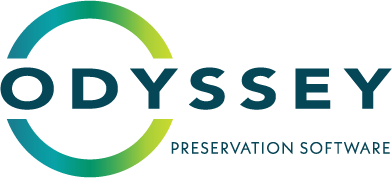50 Years Later: the Rumble in the Jungle and Zaire 74

This promotional button from the Ali-Foreman World Heavyweight Championship capitalized on Ali’s classic taunt “float like a butterfly, sting like a bee.” The button was likely designed with green, red, and black in symbolism of the Pan-African flag.
Donated by Henry Korn in 2017.
Planning the Fight
While many individuals played a part in planning the Rumble in the Jungle, it all started with Don King. King was born in Cleveland, Ohio in 1931 and showed an aptitude for entrepreneurship from a young age, with his involvement in illegal gambling rackets in Cleveland. King had been interested in boxing since his youth and pursued a career as a fight promoter after being released from prison in 1971. His first opportunity for widespread success came in 1972 when he promoted an exhibition match that claimed to raise money for the financially failing Forest City Hospital in Cleveland, Ohio.
While King was building his career, Muhammad Ali failed his first attempt to regain the World Heavyweight Championship in 1971 against Joe Frazier. After winning several fights, Ali was also defeated by Ken Norton in March 1973 with a broken jaw.
In January 1973, George Foreman emerged as the new World Heavyweight Champion after dominating Frazier in a 2-round technical knockout (TKO). Foreman also demolished Norton in a 2-round TKO in March of 1974, easily beating those who beat Ali. While Ali successfully beat Norton in September 1973 and Frazier in January 1974, there was a new giant to slay in Foreman.
Because of Ali's repeated calls to reclaim the World Heavyweight Championship, King approached him and Foreman with a proposal of 5 million dollars each to fight; it was the most money fighters had ever made in a single match, and even more than most predecessors made in their entire careers. Even though the boxers agreed to the fight, King had yet to secure the money.
King finally gained support from President Mobutu Seko of Zaire in 1974 for the full 10 million dollars. This was a substantial sum of cash for Zaire as it faced political and economic turmoil, but President Seko agreed as he hoped the fight would bring positive cultural and political attention to his nation.



